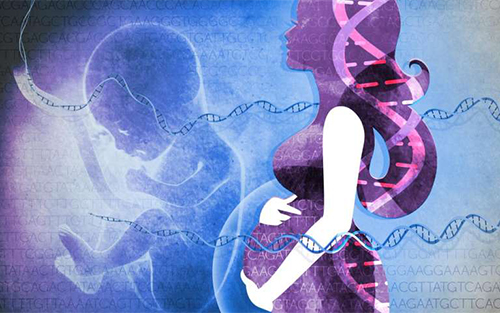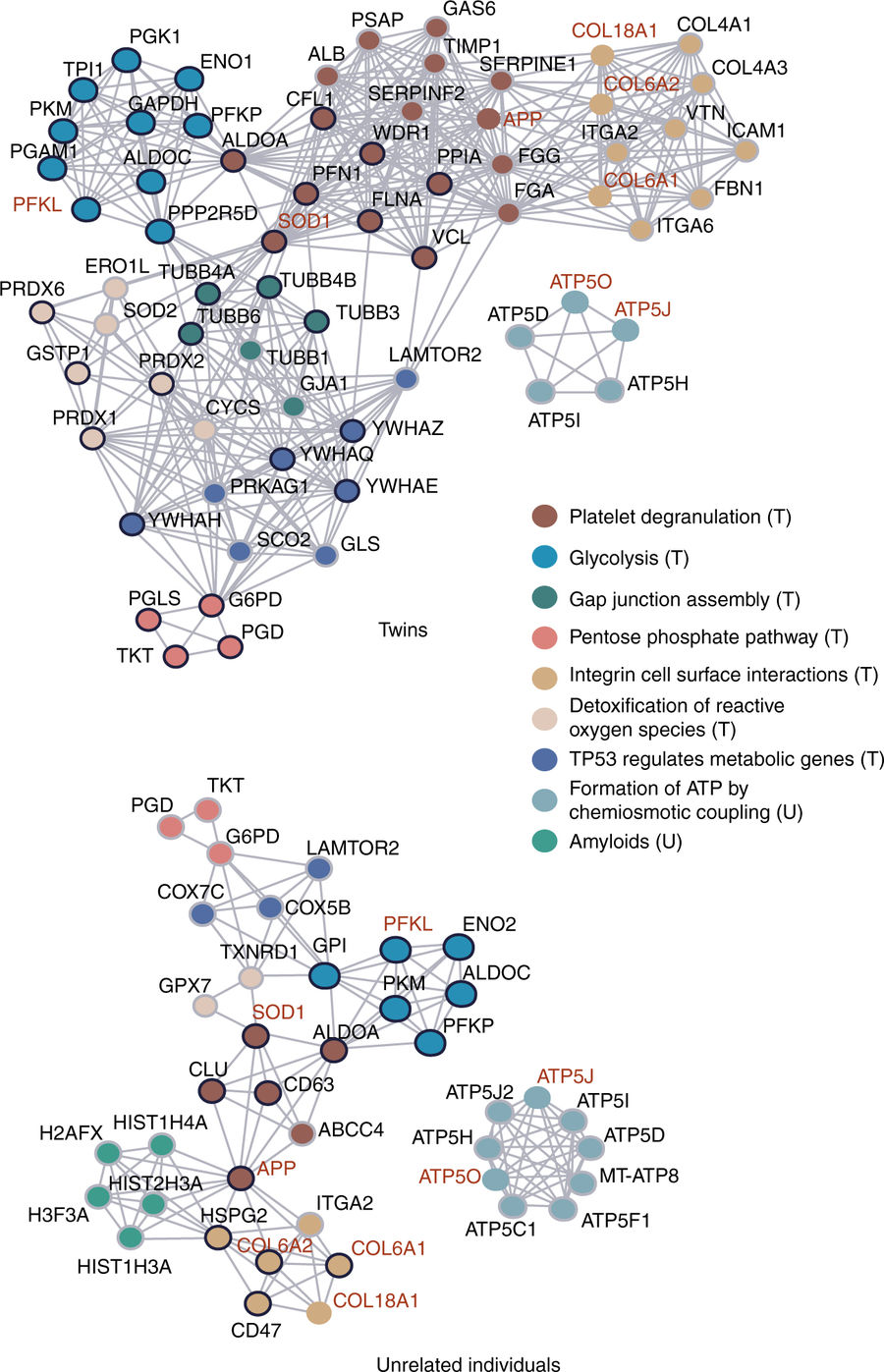Down syndrome research opens up new horizons! For the first time, scientists "completely analyze" proteins
Release date: 2017-12-06

Down's syndrome is one of the most common genetic diseases and serious birth defects, most of which is caused by the non-segregation of chromosome 21 of the mother's egg (an extra chromosome 21), and its symptoms include severe intelligence. Obstacles, odd face, low ear position, wide eye distance, thick neck skin, limb deformity, etc.
On October 31, a study published in Nature Communication first analyzed the protein of individuals in the 21-trisomy syndrome in order to improve our understanding and understanding of how more than one chromosome 21 affects human development. .
Professor Stylianos E. Antonarakis, co-author of the paper, said: "The previous research on Down's syndrome focused on the analysis of DNA and transcriptome (all messenger RNAs synthesized by genes in our genome), however, proteins are of a high class. Information molecules, because they are more closely related to the clinical symptoms of Down's syndrome. Analysis of proteins may suggest a new hypothesis about '21-trisomy syndrome disturbing cellular mechanisms'."
Technology and method
However, the protein difference between cells of Down's syndrome patients and healthy individual cells is very low and difficult to detect using traditional techniques. Therefore, technically analyzing all proteins from clinical samples is a very difficult task. . In this study, the addition of Professor Ruedi Aebersold, a world-class expert in proteomics research, brought hope to overcome this problem.
With a new mass spectrometry technology, SWATH-MS, scientists have successfully quantified 4,000 of the 10,000 proteins synthesized by skin cells.
Scientists have emphasized that the purpose of this study is to analyze protein differences due to genetic abnormalities rather than to analyze protein differences due to individual differences. Therefore, in this study, fibroblasts from a pair of female twins were investigated. Except for one person with 21-trisomy syndrome, one person does not have the disease, they have the same genetic background.

Proteome and proteostasis investigation on T21 fibroblast cells. (Source: Nature Communication)
Analysis and results
The results of the study showed that not only the protein encoded by the chromosome 21 gene, but also the protein encoded by other chromosomes showed significant quantitative differences. The trisomy 21 causes an excess of mRNA and protein production, thereby making an abnormal regulation of the individual's cellular function.
In the study, scientists also observed a cellular mechanism of self-regulating protein production. Under normal circumstances, this mechanism can help correct lower protein excess and regulate protein levels. However, the presence of redundant chromosome 21 makes this mechanism no longer able to control the amount of protein in the cell.
In addition, they also found that the trisomy 21 also affects various sub-structures of cells, especially mitochondria. Specifically, proteins that make up mitochondria are over-reduced, affecting their normal functioning.

Significantly regulated proteins and their network associated to T21. (Source: Nature Communication)
Meaning and plan
In summary, this study not only took an important step in understanding the 21-trisomy syndrome through protein analysis, but it also proved the feasibility of the new technology and laid the foundation for conducting similar research because This technology can be used to investigate other genetic diseases.
Regarding the next step in the study, Professor Antonarakis said they needed to investigate the dysregulated proteins responsible for each specific symptom of Down's syndrome. At the same time, they will continue to investigate other cell types that are severely affected by the 21 trisomy, such as neuronal cells or heart cells, using these techniques and methods.
Reference materials:
Down's syndrome research breaks new ground
Systematic proteome and proteostasis profiling in human Trisomy 21 fibroblast cells
Source: Bio-Exploration
Preservation tubes are swabs with disposable virus sampling tubes to collect DNA tests for disposable nasal flocking sterile medical transport.
swabs with disposable virus sampling tubes , to collect DNA tests for disposable nasal flocking sterile medical transport.
Jiangsu iiLO Biotechnology Co., Ltd. , https://www.sjiilobiotech.com